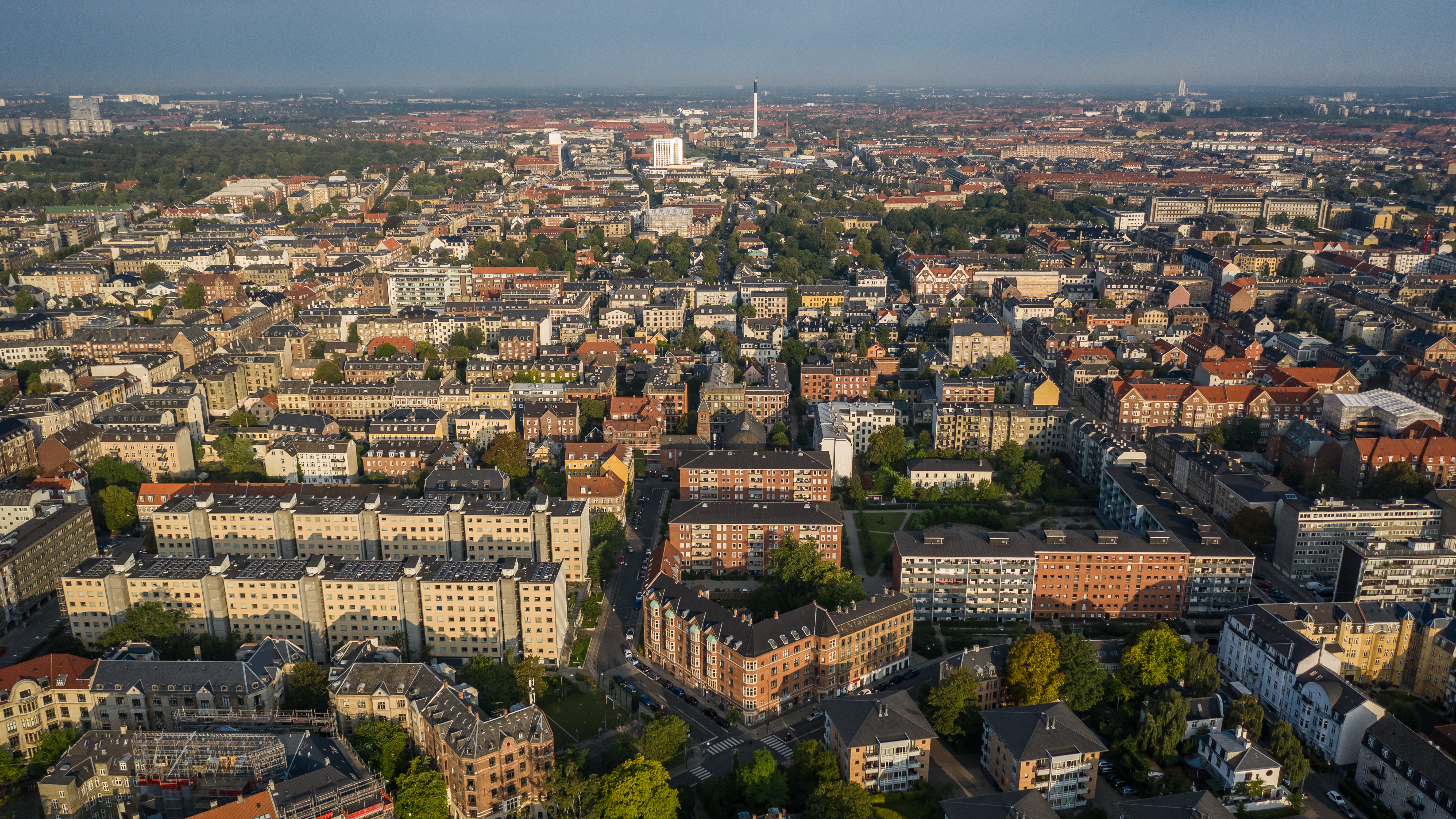Denmark plans to restrict number of ‘non-Western’ residents in neighbourhoods
The bill aims to enforce the restriction within ten years

Denmark has announced plans to restrict the number of residents of “non-Western” origin living in neighbourhoods across the country to 30 per cent of the area’s population.
The bill is part of a raft of controversial legislation aiming to reduce “parallel societies” in the Scandinavian country, proposing a cap of 30 per cent in all local areas within ten years, according to reports in Danish outlets.
The interior minister, Kaare Dybvad Bek, said the legislation was meant to aid “integration”.
“We have the next ten years to create a balance in our integration policy and the way we live and work together,” the minister told Danish daily Berlingske. “Otherwise, I think we will end up with a two-part society where people withdraw from each other.”
The government proposes to change regulations around housing provision so that local authorities are not allowed to allocate housing to specific groups in the same areas.
Additionally, housing applicants in certain housing catchment areas will be prioritised if they meet certain employment and education criteria, the minister said.
Read more
Denmark to send almost 100 Syrian refugees home as Damascus is ‘safe’
Denmark and Norway temporarily suspend AstraZeneca Covid vaccine after blood clot reports
The government has reportedly dropped its use the controversial term “ghetto” – used to refer to neighbourhoods populated by primarily by non-Western immigrants – in its proposed legislation.
There are currently 15 residential areas on the government’s list that fall under this category. In 2018, the government announced it would require children living in these neighbourhoods to learn about democracy and equality, as well as traditions such as Christmas.
No date has been set for a vote on the proposed legislation yet.
Last month, Denmark became the first European country to strip Syrian refugees of their residency permits, saying Damascus is now safe to return to.
In total, 94 Syrian refugees have had their permits removed, with Denmark’s immigration minister Mattias Tesfaye insisting that the Scandinavian country had been “open and honest from the start” about the situation.
Some 900 Syrian refugees from the Damascus region had their temporary protection permits reassessed in 2020.
Join our commenting forum
Join thought-provoking conversations, follow other Independent readers and see their replies
Comments
Bookmark popover
Removed from bookmarks